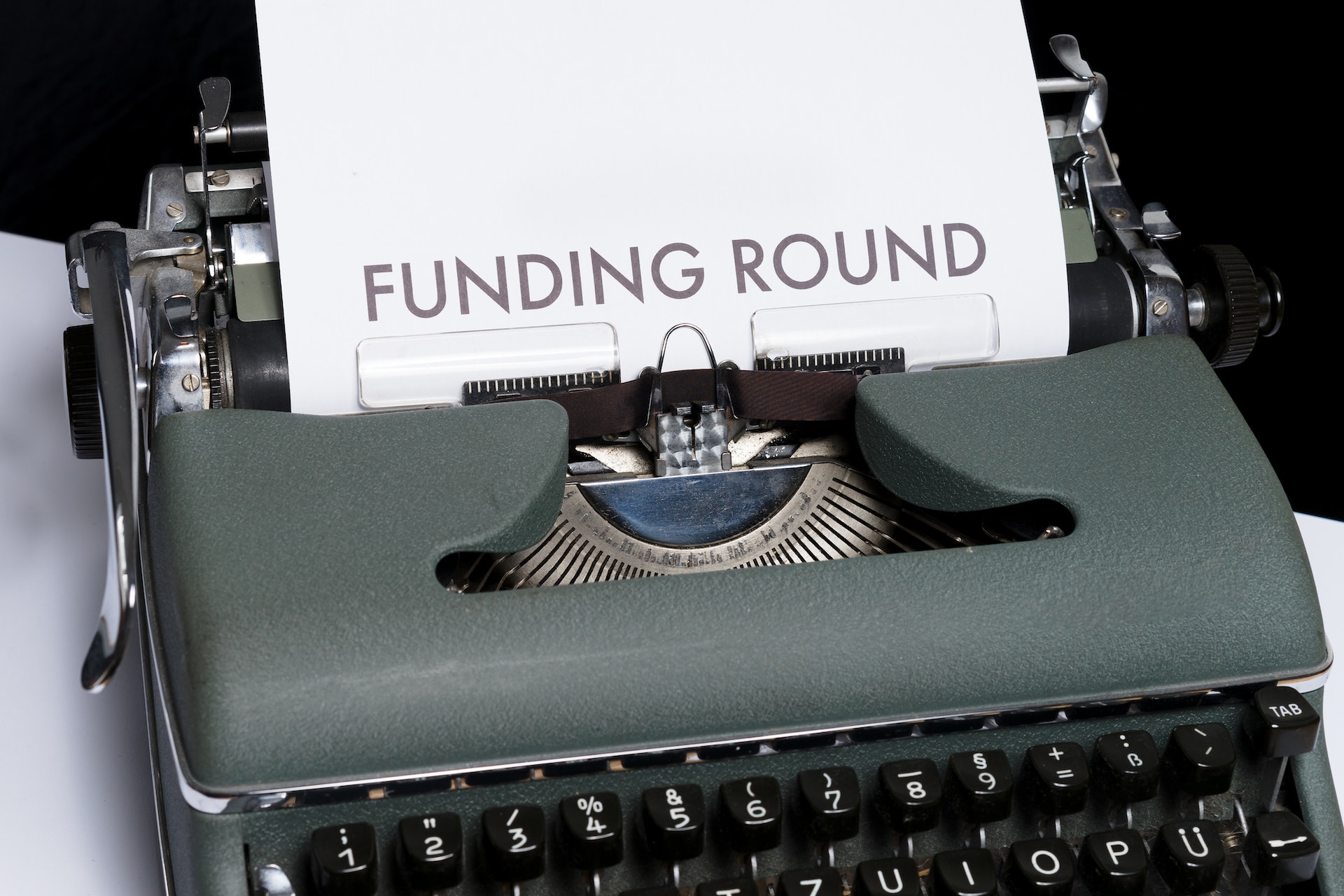
Preparing a winning grant proposals is an integral part of the research journey, but one often hears the question: What should a grant proposal include? For those who are starting out or working on their first few grant proposals, it can be difficult to understand the essential elements of grant writing. It’s not uncommon for researchers to try and fail to create a convincing grant proposal that will help persuade a funding organization to back their research project. If you are looking for some good tips to help you write a good grant proposal, you’ve come to the right place. Read on to understand the importance and key elements of a grant proposal that are essential to showcase your ideas and help you get the required funds.
What is a grant proposal?
A grant proposal is a formal request in the form of an application to secure funding for research projects. This process of preparing a grant proposal can take time as it’s crucial that researchers are fully aware of and follow the rules and guidelines of the academic institution, university, or research facility they are applying to. Add to this the high competition for limited research funds, and obtaining financial aid for research work can be quite a challenge for researchers. This makes it important to ensure you submit a strong, persuasive grant proposal that puts the funds you need within reach.
What should a grant proposal include?
Listed below are a few elements of a grant proposal that researchers must include for their application to even be considered.
An engaging abstract: A crisp, succinct summary of the research idea is one of the most important elements of a grant proposal. It can convincingly demonstrate the relevance and importance of your research study to the grant committee. Ensure the abstract conveys the basic premise of the research proposal in a clear, simple, and interesting manner that can be understood even by decision makers who may not be a domain expert or a subject specialist.
An impactful introduction: This section follows the abstract and provides a brief overview on the research, highlighting the novelty, relevance and significance of the research idea or proposal. This important element of a grant proposal provides context and necessary background information. It sets the tone for the proposal and may influence the final decision, so should be persuasively written and must explain why the proposal is worthy of funding.
A comprehensive research design and methodology: This part of the grant proposal provides more information and details regarding the research study. Be sure to include details like the duration of the proposed research study, data collection methods, and procedures to be implemented in the research project in this key component of a grant proposal.
A complete review of preliminary studies: This critical element of a grant proposal describes the existing research, preliminary data or pilot project work that supports the feasibility of the proposed research idea. It is important that these are listed clearly and specifically, highlighting the expertise and extensive groundwork as well as any institutional support that the researcher has garnered in the research process.
Study limitations: Often neglected or omitted, this is a key element of a good grant proposal. It acknowledges some of the realistic limitations or potential drawbacks of the proposed research. This element in grant writing makes it clear that the researcher is aware of the challenges and has a plan to tackle them. It reflects the rigor being put into the research, thereby increasing the chances of project funding.
Budget: This component of the grant proposal provides an updated summary of costs involved in the research work. Ideally the budget section should be detailed and be an accurate estimate of the overall expenses that would be incurred by the researcher during course of the research project. It is critical to ensure that this section is clearly organized into various budgetary sub-heads and aligned to match the funding entity’s rules and guidelines.
Personnel: This section specifies the expertise and skill of each member of the research team involved in the study. This is a vital element of grant proposals as it emphasizes individual qualifications and experience, showing how each one can contribute to the research project.
Research environment and institutional resources: This component of a grant proposal shows the extent of institutional support provided by the university or research facility the authors are affiliated to. This includes the number of qualified staff, research assistants, requisite infrastructure, and special facilities – all of which can add to the project’s success.
Appendices: This is the final element of a grant proposal, comprising a list of sample questionnaires, letters from various department heads confirming resources (physical/logistical), or letters of recommendation that are relevant for the researcher and the team to undertake the research work. The appendices section typically contains all necessary supplementary information that can reinforce and persuade the funding body to approve the grant proposal.
It’s crucial for researchers to understand the important elements of grant writing to deliver a complete, convincing, and effective grant proposal. When applying for funding, be sure to include these core components in the grant proposal to convince decision makers and improve your chances of securing the required research funding.
Researcher.Life is a subscription-based platform that unifies top AI tools and services designed to speed up, simplify, and streamline a researcher’s journey, from reading to writing, submission, promotion and more. Based on over 20 years of experience in academia, Researcher.Life empowers researchers to put their best research forward and move closer to success.
Try for free or sign up for the Researcher.Life All Access Pack, a one-of-a-kind subscription that unlocks full access to an AI academic writing assistant, literature reading app, journal finder, scientific illustration tool, and exclusive discounts on professional services from Editage. Find the best AI tools a researcher needs, all in one place – Get All Access now at just $25 a month or $199 for a year!



